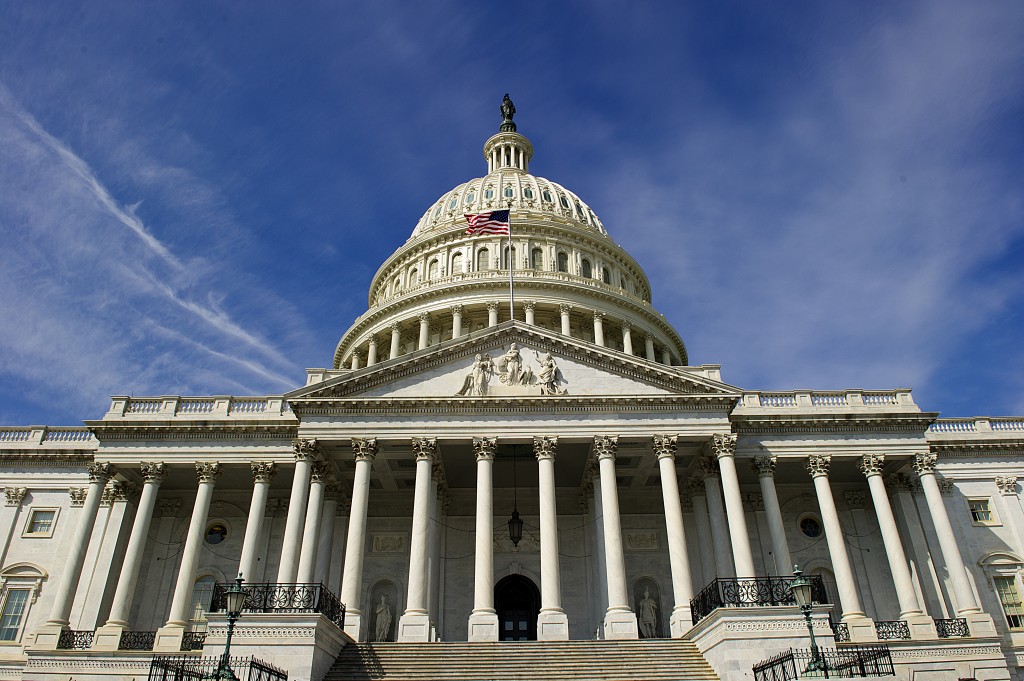The United States Senate approved on Monday a huge defense policy bill, at a budget of $700 billion, reflecting President Donald Trump’s call for a bigger and stronger military.
Putting the US armed forces on track for a budget greater than at any time during the decade-plus wars in Iraq and Afghanistan, the move is likely to lead to disputes over government spending levels later this year.
The Republican-controlled chamber voted 89-8 for the National Defense Authorization Act for fiscal year 2018, or NDAA, which authorizes the level of defense spending and sets policies controlling how the money is spent.
The 1,215-page measure defies a number of White House objections, but President Donald Trump hasn’t threatened to veto it. The bill helps him honor a pledge to rebuild an American military that he said had become depleted on former President Barack Obama’s watch.
The measure authorizes $700 billion in military spending for the budget year that begins October 1, expands US missile defenses in response to North Korea’s growing hostility and refuses to allow excess military bases to be closed.
With North Korea’s nuclear program a growing threat to the US and its allies, the bill includes $8.5 billion to strengthen US missile and defense systems. That’s $630 million more than the Trump administration sought for those programs, according to a committee analysis.
The bill also bans Moscow-based Kaspersky Labs products from federal government use.
The House of Representatives passed its version of the NDAA at a similar spending level in July.
The two versions must be reconciled before Congress can consider a final version. A fight over spending is expected because Senate Democrats have vowed to block big increases in funds for the military if spending caps on non-defense programs are not also eased.
The versions of the bill increase military spending well beyond last year’s $619 billion, defying “sequestration” spending caps set in the 2011 Budget Control Act.
Trump wants to find more money for the Pentagon by slashing non-defense spending. His fellow Republicans control majorities in both the House and Senate, but they will need support from Senate Democrats to change the rules and allow a bigger Pentagon budget.
Senator John McCain, the Republican chairman of the Senate Armed Services Committee, has been shepherding the legislation through Congress as he undergoes treatment for an aggressive type of brain cancer.
Arguing for increased spending, McCain said more men and women in uniform are dying in avoidable training accidents than in combat. “Where’s the outrage? Where’s our sense of urgency to deal with this problem?” he asked before the vote.
Both the Senate and House rejected Defense Secretary Jim Mattis’ plan to close more bases starting in 2021.
Despite partisan divides that have kept Congress from passing much major legislation recently, the NDAA has been passed for 55 straight years.
Trump has criticized parts of the NDAA, but has not threatened a veto.
